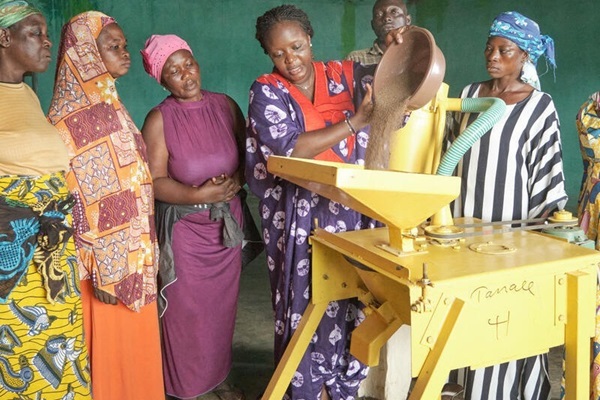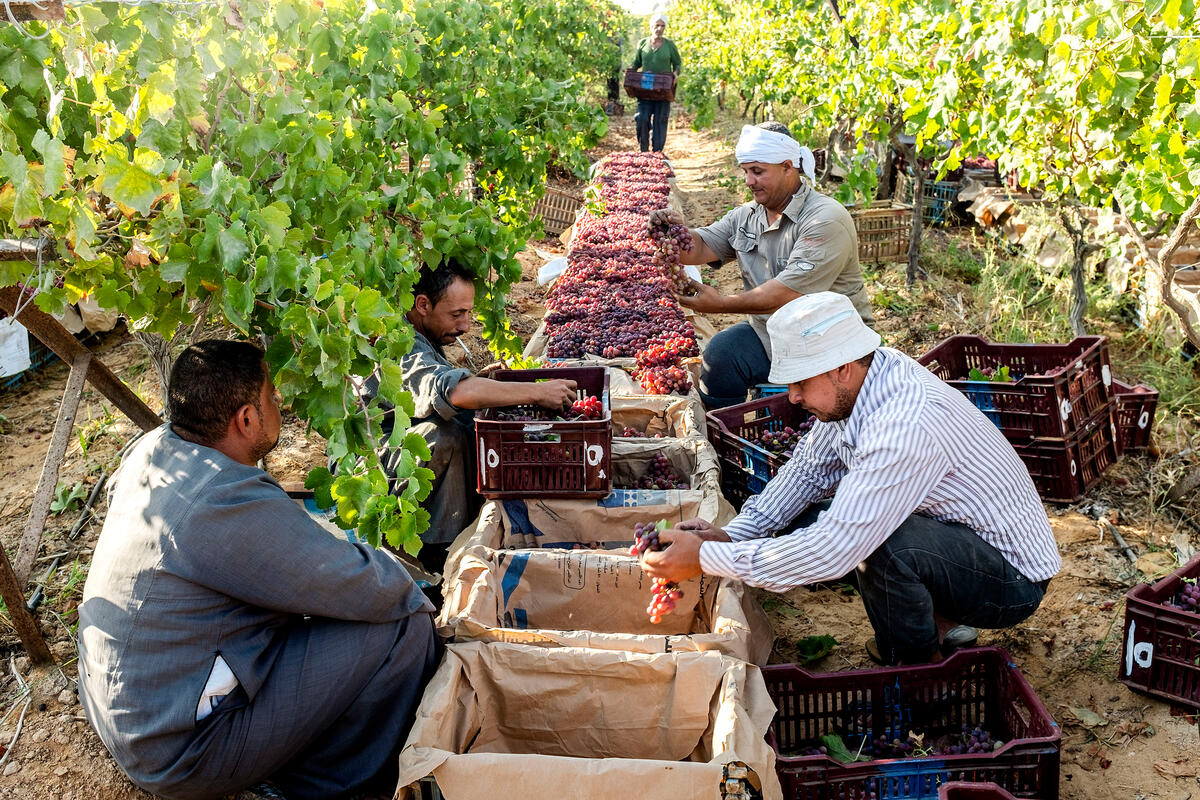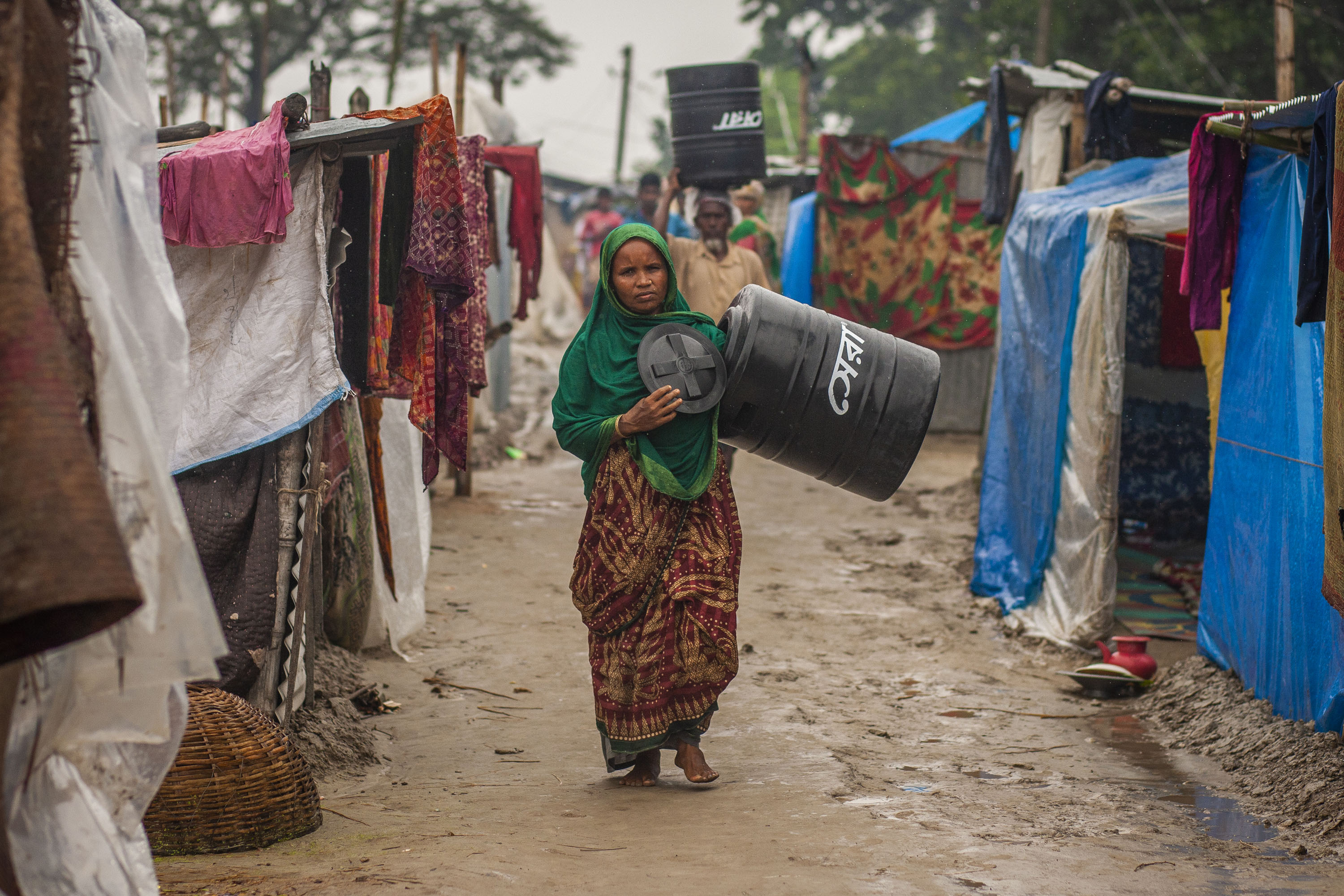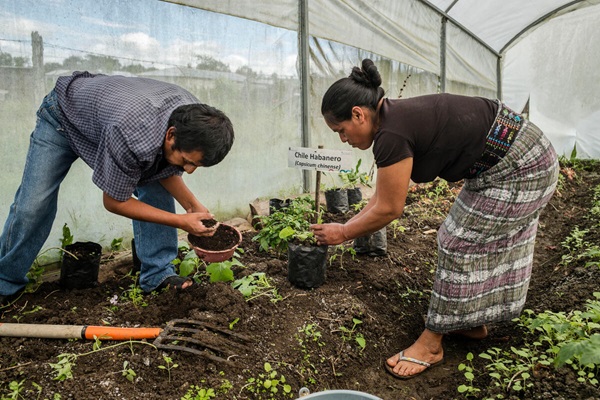Why is social protection critical to FAO’s work?
Social protection is at the core of FAO’s approach to building inclusive, equitable and resilient rural livelihoods and agrifood systems.
Ensuring that poor rural populations, including farmers, fishers, foresters and pastoralists, secure their right to social protection is key to reducing inequalities and poverty.
FAO supports Members in enhancing their national social protection systems for rural populations. By strengthening these systems, FAO promotes socioeconomic inclusion and resilience among rural populations, while advancing inclusive climate action and disaster risk management.
How we work
FAO provides technical support and training to governments to help tailor social protection systems to the needs of rural populations, while ensuring coordination across key sectors such as agriculture, fisheries, forestry, and environment.
By generating evidence-based insights, FAO influences policy discussion on the importance of social protection in enabling rural households to take part in economic development. This provides a bridge between humanitarian and development sectors.
Through collaboration with state and non-state actors in rural areas, FAO fosters dialogue between stakeholders in social protection, agriculture, fisheries, forestry, environment and other sectors to develop more integrated support packages.

Key areas of work

Socioeconomic inclusion and resilience
- Adapt social protection policies and programmes to meet the specificities of rural populations.
- Increase integration between social protection and productive interventions.
- Integrate farmer and social registries to inform the delivery of social protection, economic inclusion and climate programmes, and disaster risk responses.

Inclusive climate action and disaster risk management
- Enhance the role of social protection in climate and environmental policies and strategies.
- Increase climate finance for social protection systems.
- Improve the design and implementation of social protection programmes to deliver inclusive climate and environmental action, and support a just transition in agrifood systems.
- Improve coordination between disaster risk management and social protection systems.
 Lorem ipsum dolor sit amet, has ad dolore iisque labores. Eos vero dicta te. Ex mea doming fierent, movet aliquip partiendo vel ad. Harum ornatus vel no.
Lorem ipsum dolor sit amet, has ad dolore iisque labores. Eos vero dicta te. Ex mea doming fierent, movet aliquip partiendo vel ad. Harum ornatus vel no.
